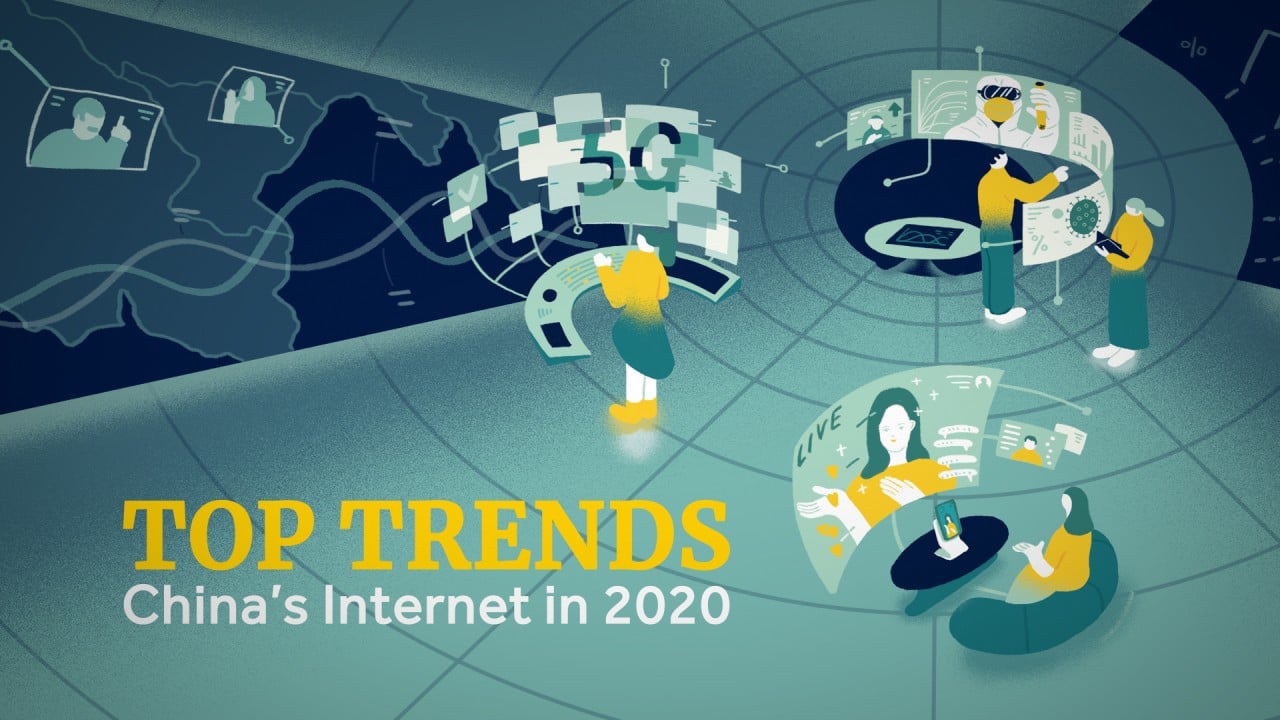
Tech war between China and the US does not need to have just one winner
- People love to pit the United States and China against each other, but the two are on very different paths in terms of technological domination
- Technological advancement is not a zero-sum game and innovation is not about winning and losing – both countries can greatly benefit from each other's progress
The China-US technology race is on, but why does it matter? What happens if America wins? Besides US President Donald Trump’s ego getting larger and AT&T making more profit, who cares?
What happens if China wins? Would all American companies move to China? I don’t think so.
People love to pit the United States and China against each other, but I am convinced China and the US are on two very different paths in terms of technological domination. This is not a win-lose situation for China or the US.

03:08
India bans dozens of Chinese apps, including TikTok and WeChat, after deadly border clash
For messaging, everyone in China uses WeChat. Its design and user experience is so natively Chinese it will be hard for Americans to ever adopt. WhatsApp and Facebook Messenger users will not be taken away by these Chinese players, either.

06:22
Three trends shaping China's internet from SCMP's China Internet Report 2020
For smart speakers and voice recognition, Baidu, Alibaba and Xiaomi mainly speak Chinese and their English recognition is terrible. Alexa and Siri will continue to dominate in the US.
Why telemedicine is worth embracing
For mobile payments, Alipay and WeChat dominate China. The United States is slowly pushing Apple Pay and Google Pay. Paying by cheque is still a thing in most places in the US.
Meanwhile, the US education system is dealing with the Covid-19 shock and slowly adopting Zoom and Google Classroom. US platforms such as Coursera and Udemy have seen growth in the past few months owing to the coronavirus.
There is no doubt China and the US will continue to compete on all technological fronts. Competition is what drives innovation, but I really don’t see Americans using Pinduoduo or Ping An Good Doctor any time soon. Neither do I think Chinese would want to use Tinder or Apple Pay in China.
Technological advancement is not a zero-sum game. Innovation is not about winning and losing. Both countries can greatly benefit from each other's technological progress.
I hope China and the US can learn from each other and apply this learning to their own situations and perspectives. On our current Covid-19 challenges, including the resulting global economic downturn, China and the US share many common challenges and responsibilities.
There is no winning or losing with human lives and our well-being. We need both countries to work together. There can be a win-win outcome.
Edith Yeung is a general partner at Race Capital and author and creator of the China Internet Report

